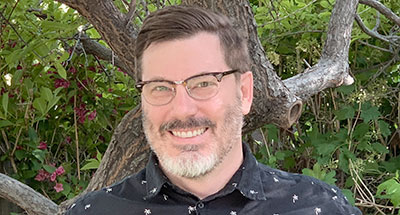
Anthony Papa
Associate Professor, Director of Clinical Training
Office: Sakamaki D406
Telephone: 1 (808) 956-8107
Email: papaa@hawaii.edu
Browse My Publications:
Background
I fell into psychology. I had intended to pursue other horizons, but my psychology classes in undergrad were too interesting. I joined several labs and eventually moved on to working with kids from disadvantaged backgrounds who were removed from their homes by the state. I went back to school to become a psychologist intending to go back direct service. But in graduate school, I became heavily involved in research, finding another way to contribute to the greater good. Fortunately, I had a series of tremendous mentors in graduate school and beyond that encouraged me to pursue my research interests at a university setting, where I found still more ways to contribute by mentoring and training the next generation of students to apply psychology to new challenges in our society.
Education
- PhD, Clinical Psychology, Teachers College, Columbia University, 2006
- MS, Clinical Psychology, Teachers College, Columbia University, 2002
- MA, Psychology, Catholic University of America, 2000
- BA, Psychology, University of Maine, 1989
Courses
- PSY 670: Introduction to Clinical Psychology
- PSY 676: Psychopathology
Research
My research focuses on identifying risk and resilience factors related to adjustment after the experience of a significant loss, such as the death of a loved one, but also after the loss of other self-defining aspects of one’s life, like one’s career or a divorce. I am especially interested in how different types of losses affect people’s ability to enact goal directed behavior, how that in turn affects the experience of identity continuity and post-loss adjustment, and the implications for current theories of coping with grief and adversity. Ultimately, the goal of this work is to inform the adaption of empirically validated treatment approaches to prevent or repair loss-related identity disruption and promote adjustment after loss.

